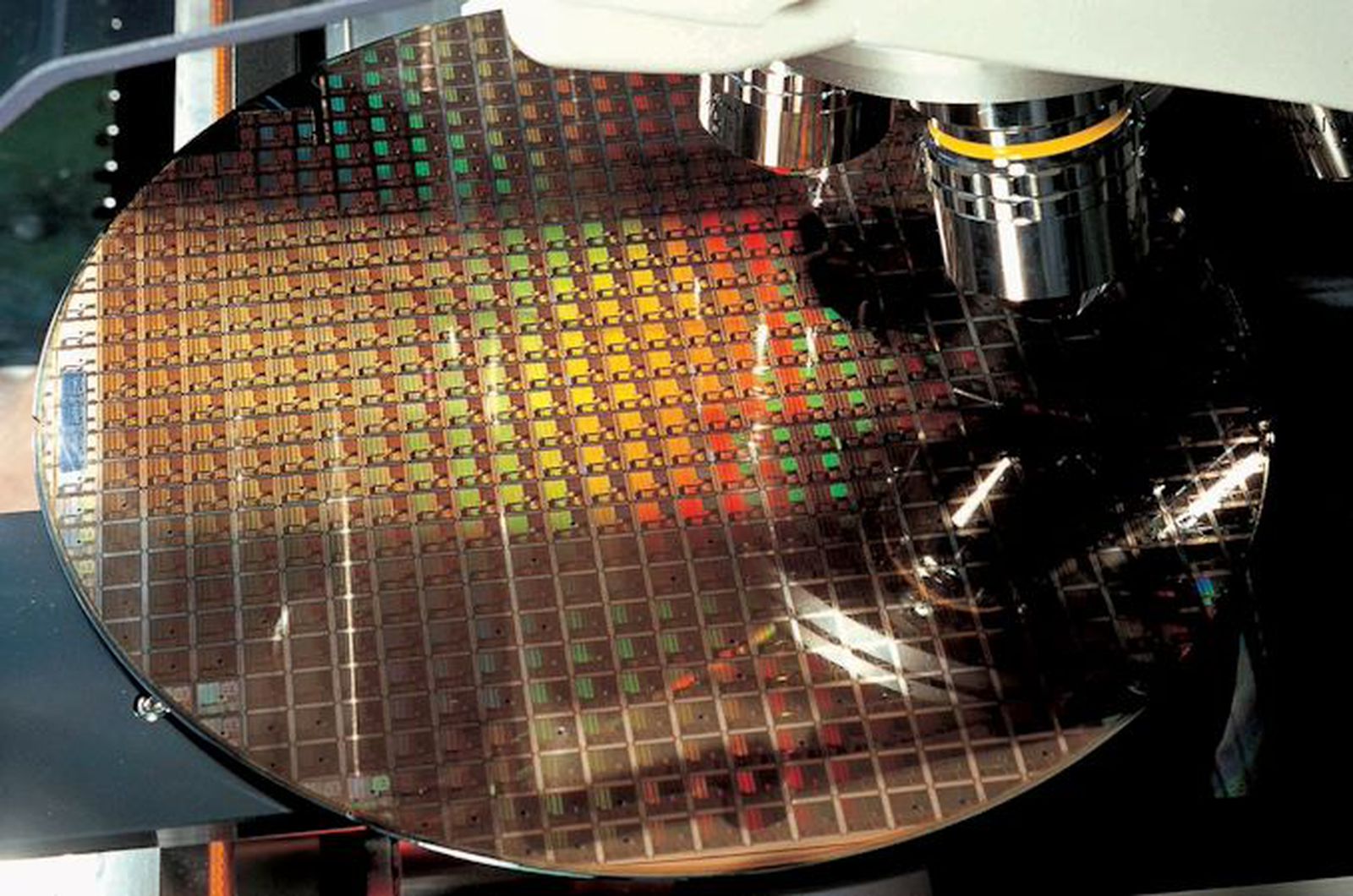
According to Nikkei Asia sources, Apple will have to pay more for chips in its devices. They may also pass higher costs onto their customers.
TSMC is Apple's main supplier of chips. This follows a wider industry inflation due to the shortage of chip supplies. According to the company, these price increases will be the largest in a decade.
TSMC's chips were already 20 percent more expensive that those of its direct competitors. However, smaller foundries have increased their prices due to higher material costs and logistics. TSMC has committed $100 billion in new investments over the next three year. This will motivate the company to raise its prices to keep its premium and pass on these additional costs to its clients.
TSMC is also reportedly keen to prevent clients ordering chips that are not needed. This is in the hopes of securing production lines space and additional support from contract processors. It has been difficult for TSMC to understand real demand. Before the official price increases take effect, clients will need to negotiate terms for manufacturing.
The company is still processing existing orders. This means that the price increases will be felt more strongly next year, once production capacity has increased and orders are completed. Nikkei sources said that chip developers like Qualcomm will pass TSMC’s price rises onto device makers such Apple. TSMC supplies Apple with A14 and M1 chips.
It is likely that the retail price of devices like smartphones and computers will be affected. To offset the effect on entry-level and mid-range devices, it is possible that high-end consumer electronics brands will raise the prices of their high end models.
Clients will push for smaller production and better chip manufacturing processes, which is expected to keep chip prices high. According to other sources, the market will correct itself once demand drops. Chipmakers will have to lower prices "to attract more clients and maintain utilization rate."
DigiTimes reported late last month that price increases could be sooner than anticipated, with the iPhone 13 line being more expensive because of higher chip costs. Despite this, it seems that Apple will not be fully affected by the impact of higher chip prices until next year.